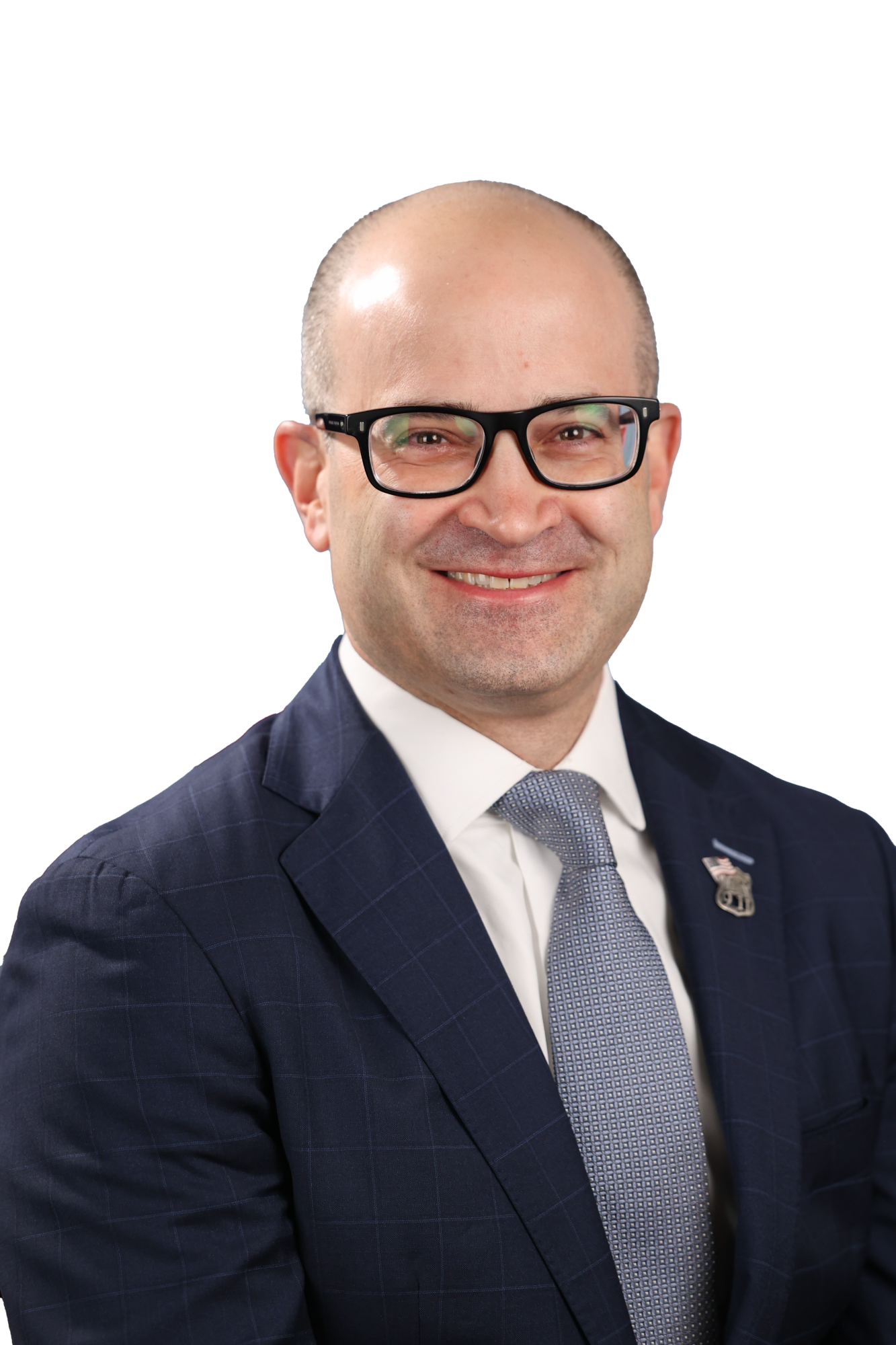JCOPE Is Broken. Let’s Replace It.
A Column by Assemblyman Ed Ra (R-Franklin Square)
Wouldn’t it seem strange if there was a massive outbreak of foodborne illness and no one thought to ask the FDA about it? If there was a devastating hurricane and no one reached out to FEMA?
New York state is currently engulfed by a series of generational scandals in the Cuomo administration. The scope of the wrongdoing is so broad and is escalating so quickly that it’s difficult to keep track of without setting Twitter notifications for all the capitol reporters and maintaining a dozen online newspaper subscriptions. Based on its stated mission and jurisdiction, this should be JCOPE’s defining moment.
It’s not.
JCOPE is invisible right now. Since its inception in 2011, JCOPE has never shaken loose from the governor who signed the legislation creating it to be Albany’s premier ethics enforcement agency.
Part of that is structural. Each house of the Legislature appoints four members to the commission. The governor appoints six. He’s used this numerical advantage to keep his allies running the show.
The commissioners appoint an executive director. The first one was Ellen Biben. She worked for the governor when he was attorney general and worked for him as inspector general. The second was Letizia Tagliafierro. She also worked in both the Cuomo attorney general’s office and in his administration. Seth Agata was a top aide and counsel to the governor before taking the top job at JCOPE in 2016. He left in 2019. (The job is still listed on the JCOPE website.) The current JCOPE chair, Commissioner Camille Joseph Varlack, worked for the governor as Deputy Director of State Operations.
When it comes to investigating the executive, Cuomo’s loyalists at JCOPE have operated more as defense attorneys for the governor than as prosecutors against corruption. They vigorously fought a lawsuit attempting to force the commissioners to deliver an ethics opinion on the actions of Joe Percoco, the governor’s top aide convicted of taking bribes, rigging taxpayer-funded contracts and illegally soliciting campaign contributions. When they took a vote on the matter, the results were illegally leaked to the governor. When that became public, a sham investigation from the inspector general’s office didn’t turn anything up.
It was led by former JCOPE Executive Director Letizia Tagliafierro. (You can’t make this stuff up!)
While JCOPE has mostly operated as an extension of the second floor, they have found a measure of prosecutorial zeal when the target of an investigation is someone Andrew Cuomo doesn’t like. They spent two years digging around nonprofits with ties to Mayor de Blasio. (They spent just as long stalling an investigation into Jeff Klein, once one of the governor’s longtime top allies in the Legislature.)
We’re never going to clean up the governor’s office if the investigations are led by governor appointees and passed to other governor appointees and then referred to other governor appointees. And I think a lot of people, especially in media, understand this now. It’s why no one is even bothering to talk about JCOPE during an unprecedented crisis in public ethics. However, as legislators, that doesn’t mean we should just ignore JCOPE and shrug.
We must replace it with something truly independent. That could mean turning over the power of choosing ethics watchdogs to the judiciary. It could be as simple as preventing the executive branch from dominating the selection and staffing process for ethics enforcement. It could mean creating a new ethics agency whose lead investigator reports to the Ethics, Oversight and Investigations Committee, one of the rare committees with equal partisan balance.
Finding a perfect solution won’t be easy. But doing worse than the current iteration of JCOPE? That would be impossible.
